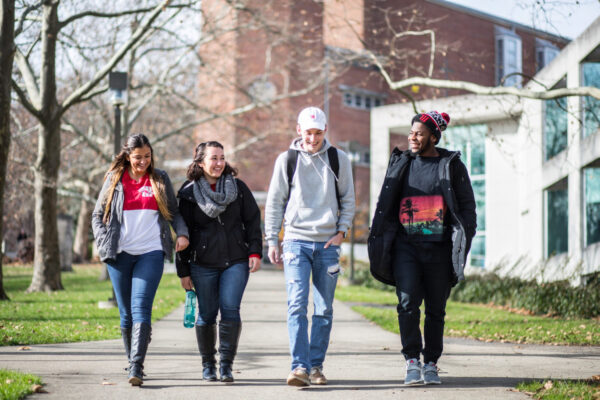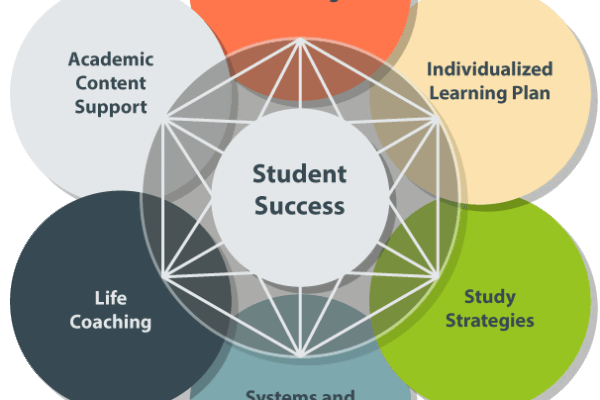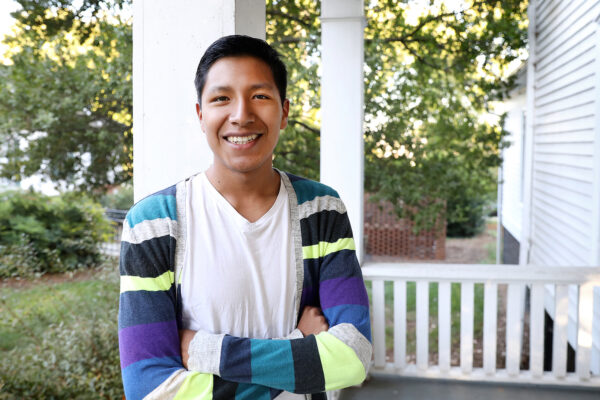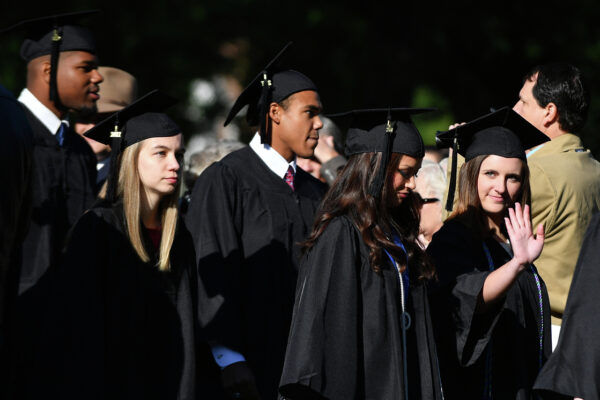All Posts

Historically Black Colleges and Universities: Fostering Familial Learning Environments for Student Success
By embracing expansive ideas of success, HBCU leaders inspire their students to strive beyond degree completion and understand how collaboration, civic engagement, and entrepreneurship are essential attributes in a new knowledge economy and global citizenry.

Helping College Students Make Informed Student Loan Decisions
Recent surveys demonstrate that many college students do not know whether they have borrowed or how much debt they have accrued during college. What can higher education institutions—and the federal government—do to help?

Providing Transparency to the Title IX Process
ACE Senior Vice President Terry Hartle writes that the Department of Education’s effort to replace legally binding but unclear guidance with legally binding and clear regulations will hopefully result in greater protections for all students.

Second-Wave Competency-Based Education: A Focus on Quality
The second CBE wave—more grounded and focused on quality than the first—is underway, and resources to support development of high-quality programs include the University of Wisconsin Flexible Option case study.







